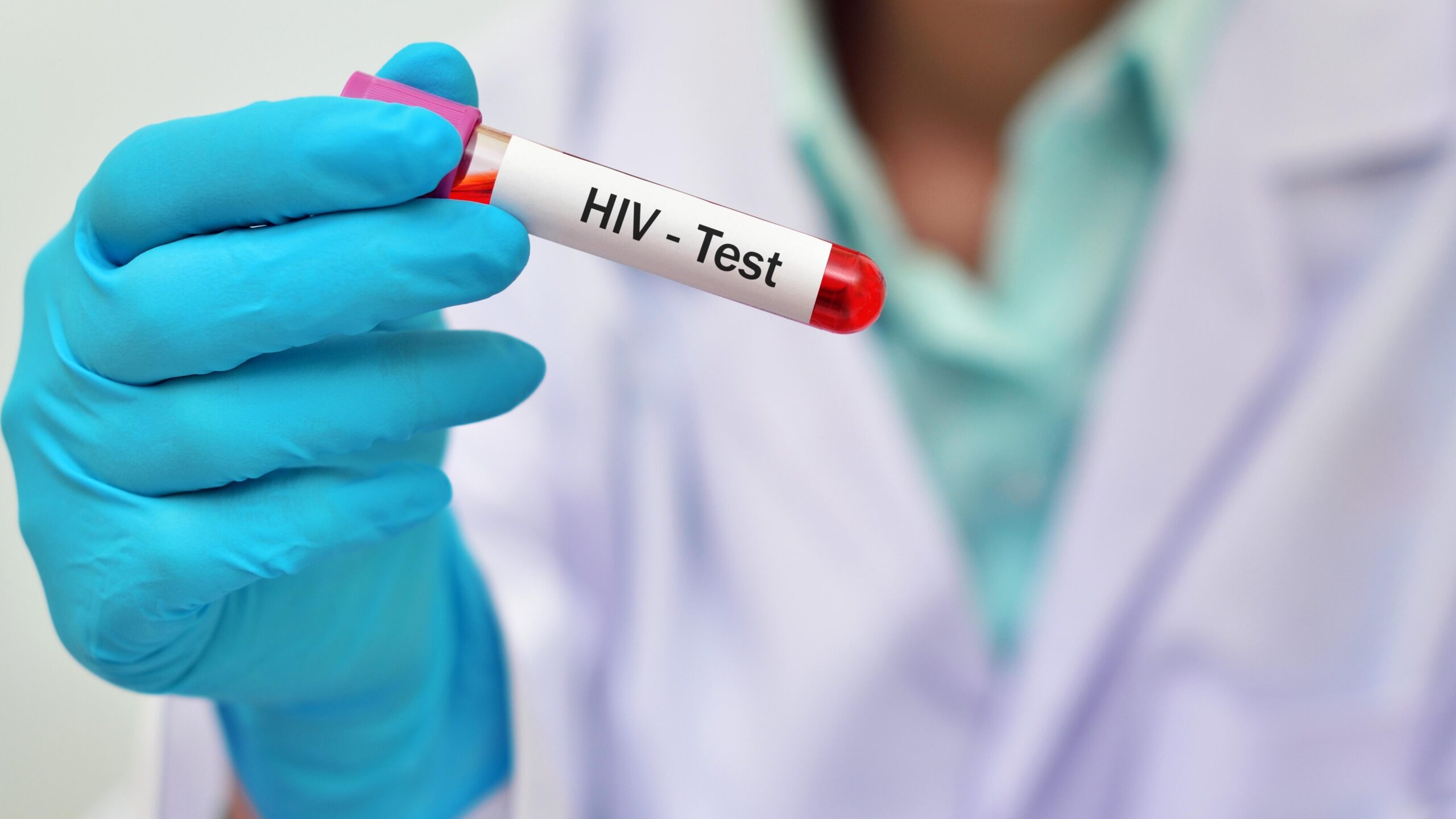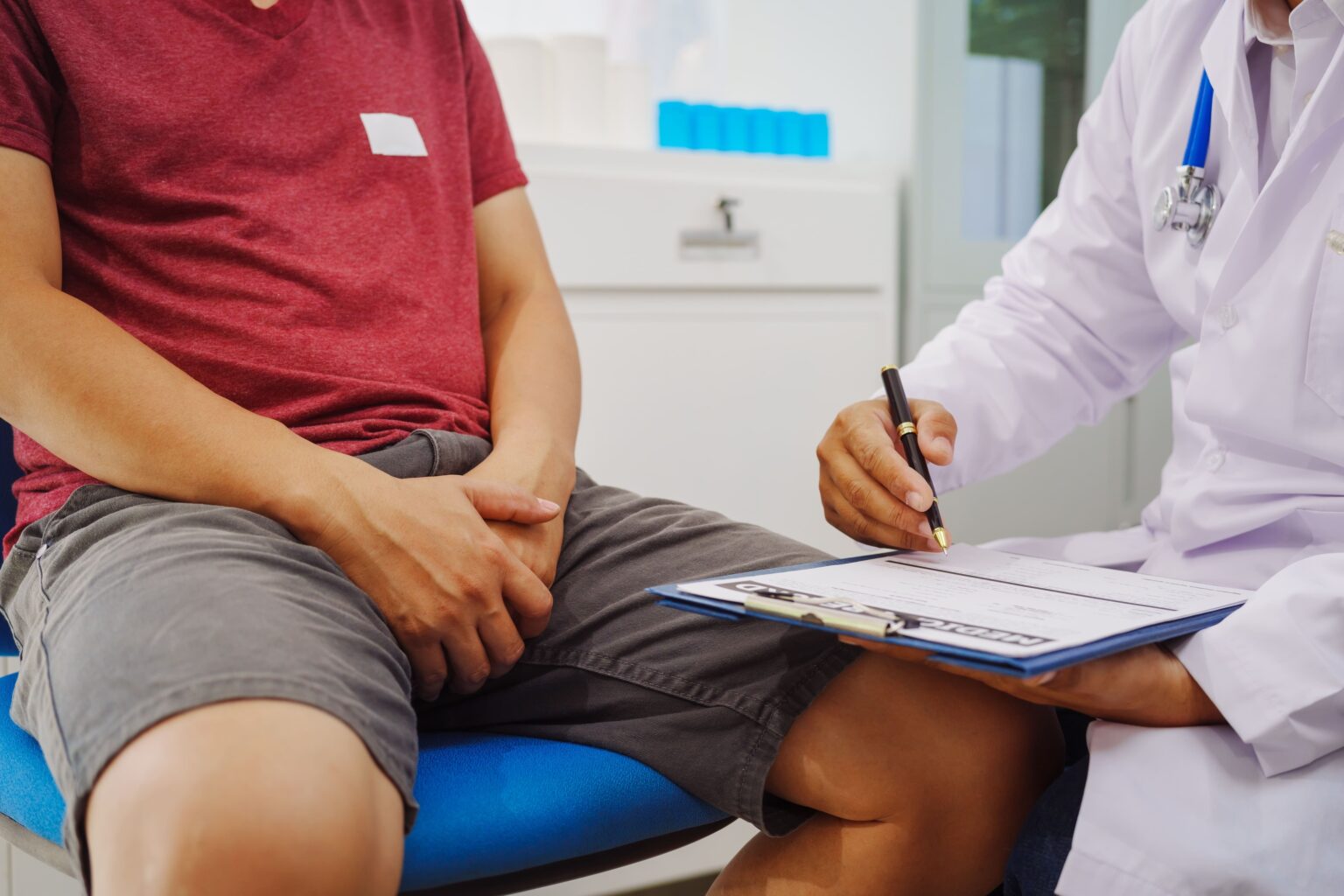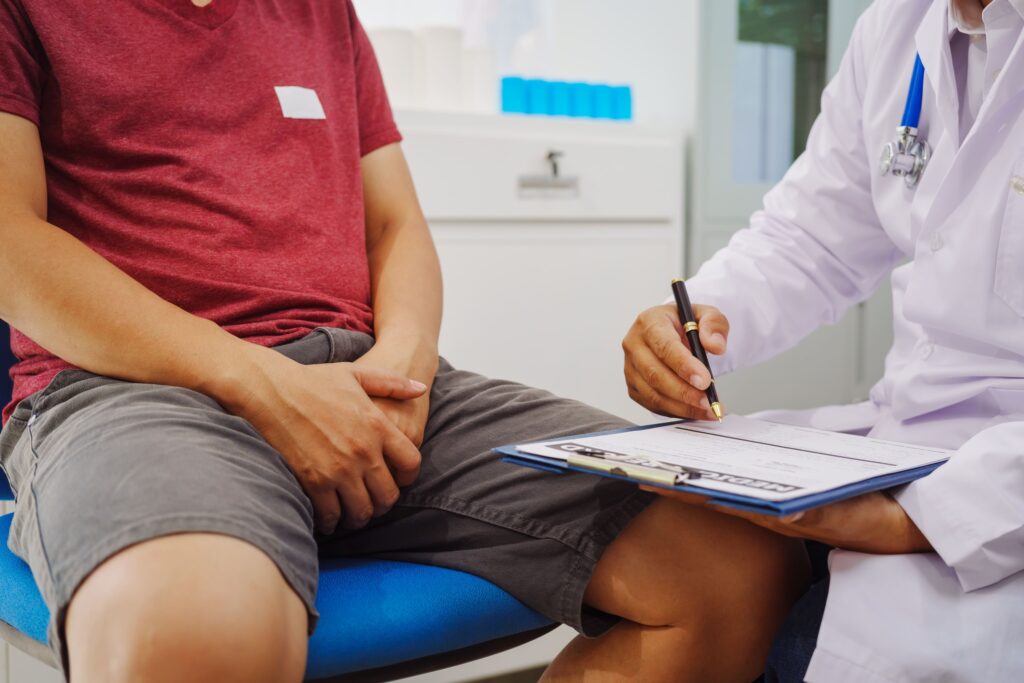In Singapore, your HIV status is treated with strict confidentiality. Healthcare providers are required to keep your information private and cannot disclose it without your consent, except under specific circumstances mandated by law.
HIV Testing
HIV testing is important to protect your health and prevent the spread of the virus. Early detection not only allows for timely treatment but also significantly reduces the risk of transmission of HIV to others.


Indications for HIV Testing
HIV testing is recommended in several situations, even if you don’t have any noticeable symptoms. Here are some key scenarios where getting tested is important:
-
Unprotected Sexual Activity
If you’ve had sex without a condom, you may be at risk of HIV or other sexually transmitted infections (STIs).
-
New Sexual Partner
Before becoming sexually active with a new partner, testing helps ensure both of you are informed and can take appropriate precautions.
-
Sharing Needles or Drug Equipment
Using shared needles or other drug paraphernalia increases the risk of HIV transmission.
-
Pregnancy or Family Planning
Pregnant individuals or those planning to conceive should get tested to protect both their health and the baby’s health.
-
Occupational Exposure
If you work in healthcare or have been exposed to potentially infected blood, testing is crucial to rule out any risk of infection.
-
Presence of Another STI
If you’ve been diagnosed with an STI, such as syphilis or gonorrhoea, testing for HIV is also recommended since co-infections are common.
-
Routine Screening
Regular testing is essential for sexually active individuals, even if no specific risk factors or symptoms are present.
This proactive approach ensures early detection and timely treatment, which are vital for maintaining your health and preventing transmission.
Types of HIV Tests Available
3rd Generation HIV Test
This rapid finger-prick test detects antibodies produced by the immune system in response to HIV. Results are available within minutes, making it a quick and convenient option.
4th Generation HIV Test
An advanced test that detects both HIV antibodies and the p24 antigen, providing a more comprehensive view of HIV status. This test is highly sensitive and can identify infections earlier than 3rd generation tests.
HIV PCR RNA Test
The HIV PCR RNA test is one of the earliest detection methods, capable of identifying the virus within 10-14 days of exposure. It’s ideal for those who need results quickly after potential exposure.
HIV Confirmatory Test
If an initial test result is positive, a confirmatory test such as the Western Blot may be used to ensure accuracy. This is a critical step before any diagnosis is made.


HIV Testing Process
Below is a general guideline of what you can expect during a visit to a men’s health clinic. Your doctor may adjust the process based on your individual needs and the type of test performed.
Step 1: Pre-Test Consultation: Discuss your health history and risk factors with a healthcare professional to determine the best test for your situation.
Step 2: Sample Collection: Depending on the test, a small blood sample may be taken via finger-prick or vein draw.
Step 3: Fast Results and Counseling: Results are delivered quickly, and our team provides guidance on next steps, whether that involves prevention, treatment, or further testing.
Do you need fast and discreet HIV testing?
Reach out to our friendly clinic staff to schedule an appointment.
HIV Prevention and Management Services
HIV PrEP (Pre-Exposure Prophylaxis)
PrEP is a preventative medication taken by HIV-negative individuals to reduce the risk of infection. It’s effective when taken consistently, with options for daily or on-demand use.
HIV PEP (Post-Exposure Prophylaxis)
PEP is an emergency treatment taken within 72 hours after potential exposure to HIV. It involves a 28-day course of antiretroviral medications.
HIV Treatment and Management
For those diagnosed with HIV, ongoing antiretroviral therapy (ART) helps manage the condition, improving quality of life and reducing transmission risks.
STD Treatment
Comprehensive care for sexually transmitted diseases is also available, ensuring a one-stop solution for sexual health.
Make an Enquiry
Got Questions? Please fill in the enquiry form below and we look forward to addressing your question.
Frequently Asked Questions
What’s the difference between 3rd and 4th Generation Tests?
The 3rd generation test detects antibodies, while the 4th generation test also detects the p24 antigen, identifying HIV earlier.
How soon after exposure can I test for HIV?
The HIV PCR RNA test can detect the virus as early as 10-14 days post-exposure. For other tests, it’s best to wait at least 2-4 weeks.
Is my test result confidential?
Yes, your privacy is our priority. Results are shared only with you.
What are the symptoms of HIV?
Symptoms of HIV vary by stage. Early symptoms, which can appear 2-4 weeks after exposure, include fever, sore throat, rash, and fatigue.
In later stages, symptoms may include significant weight loss, night sweats, and persistent diarrhoea. However, many people with HIV may not show symptoms, which is why regular testing is crucial.
What is the window period for HIV?
The window period refers to the time between exposure to HIV and when a test can accurately detect the virus. For most tests, this period is 2-6 weeks. During this time, you may still test negative even if you are infected, so follow-up testing is often recommended.
How often should I get tested?
The frequency of testing depends on your risk factors. High-risk individuals, such as those with multiple partners or who engage in unprotected sex, should consider testing every 3-6 months. Speak with your healthcare provider to determine the best testing schedule for you.


